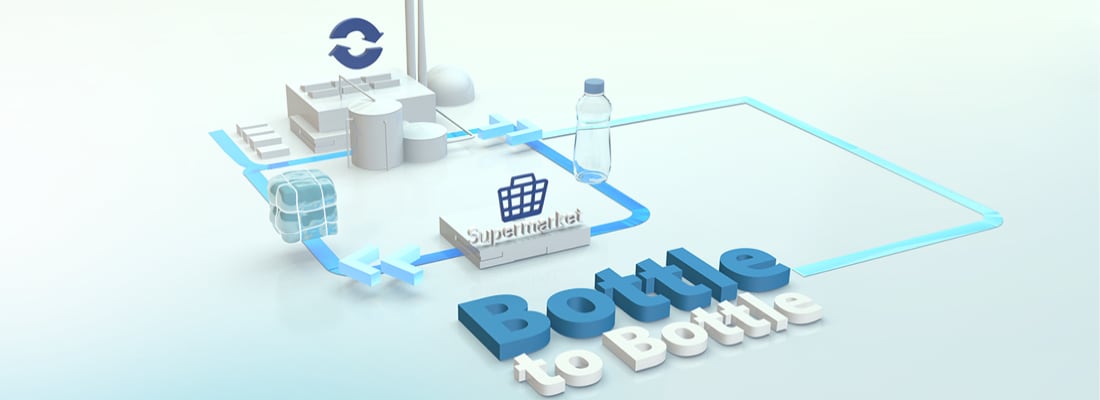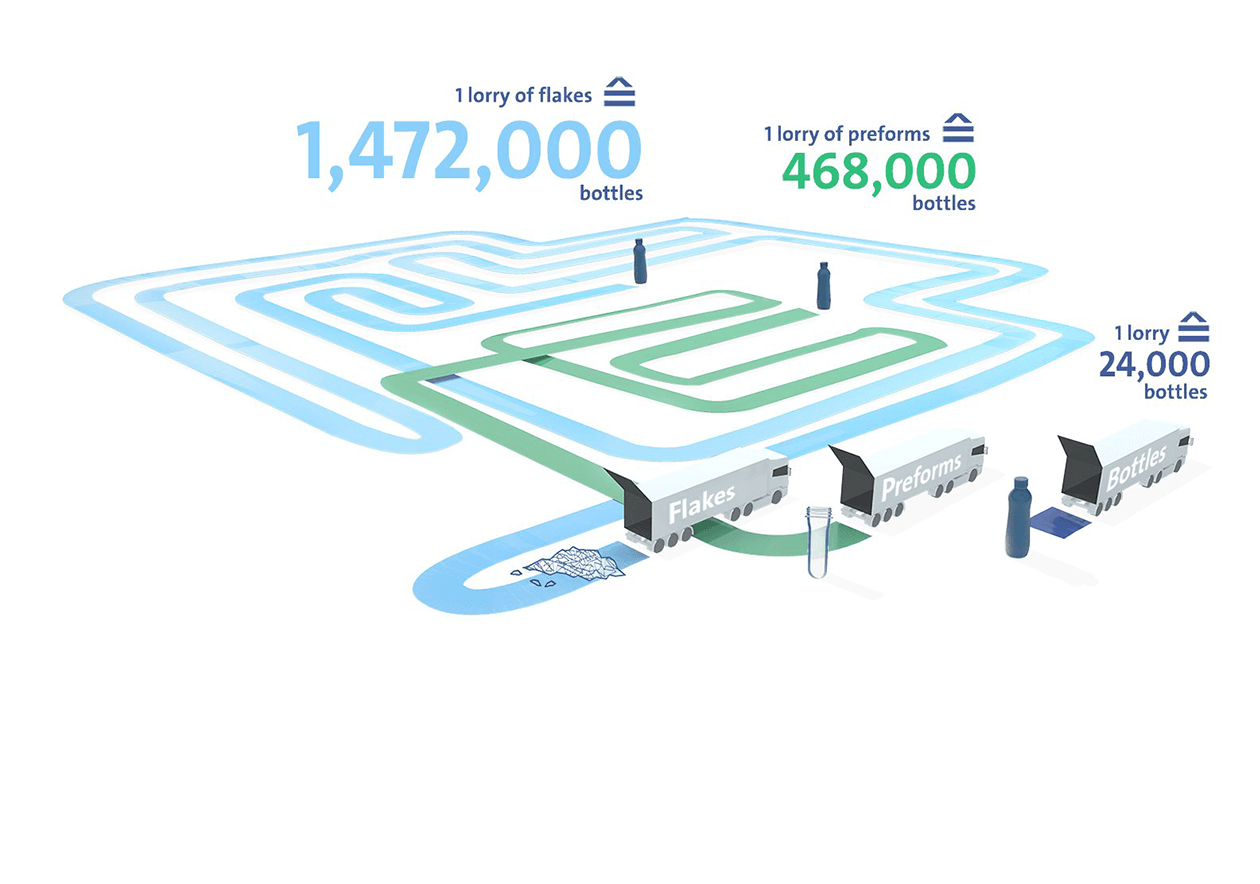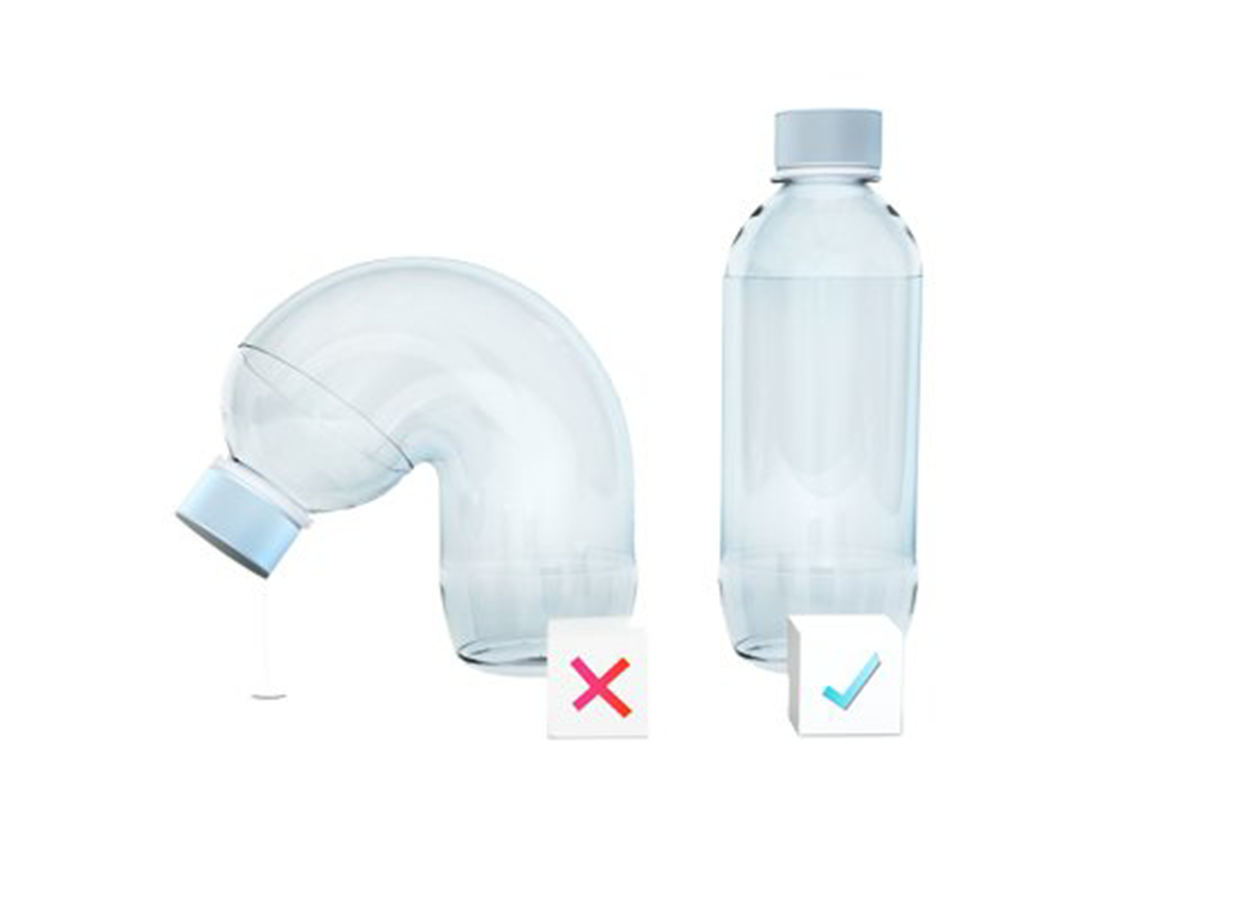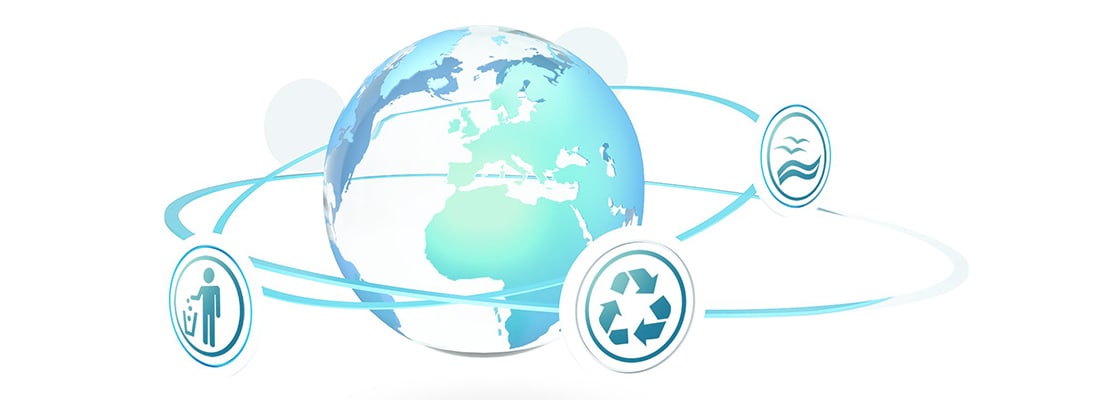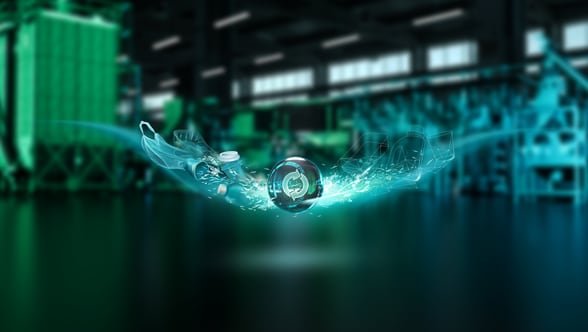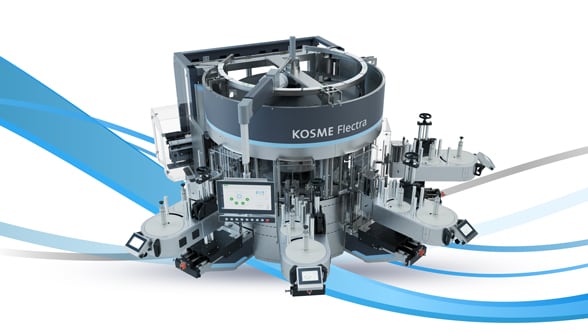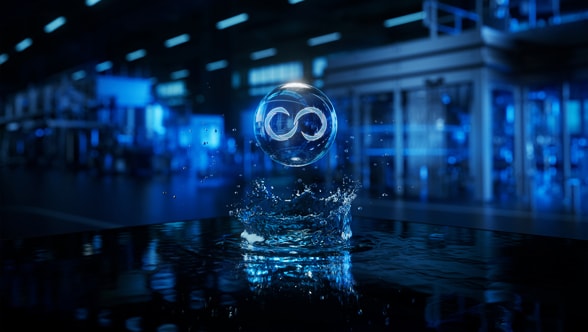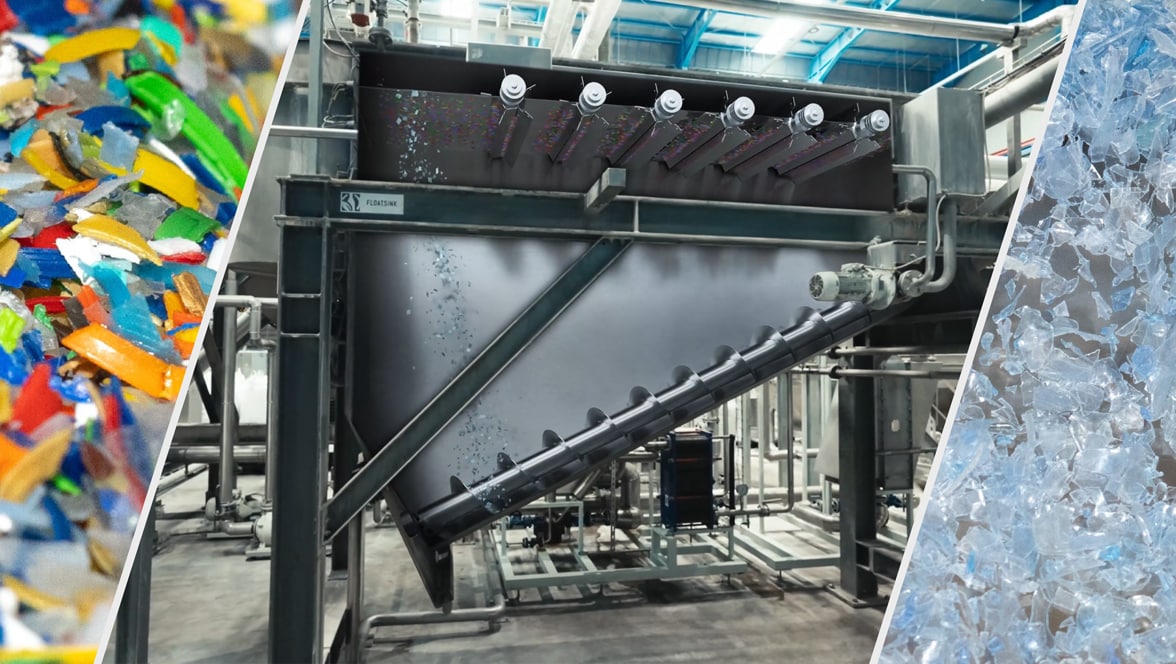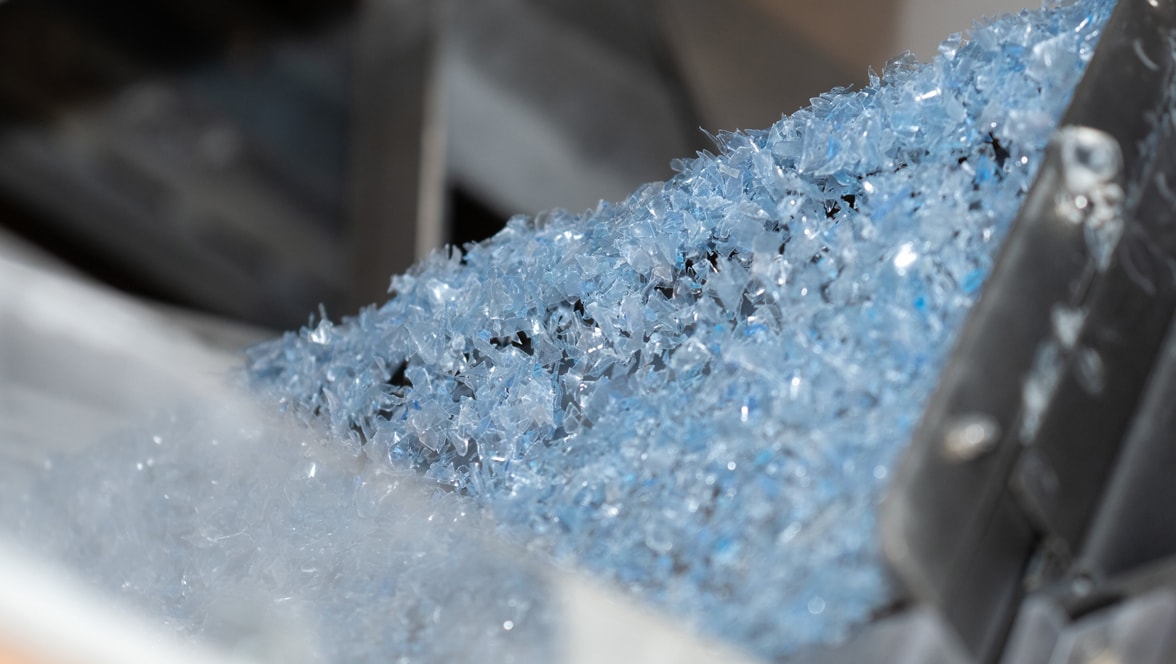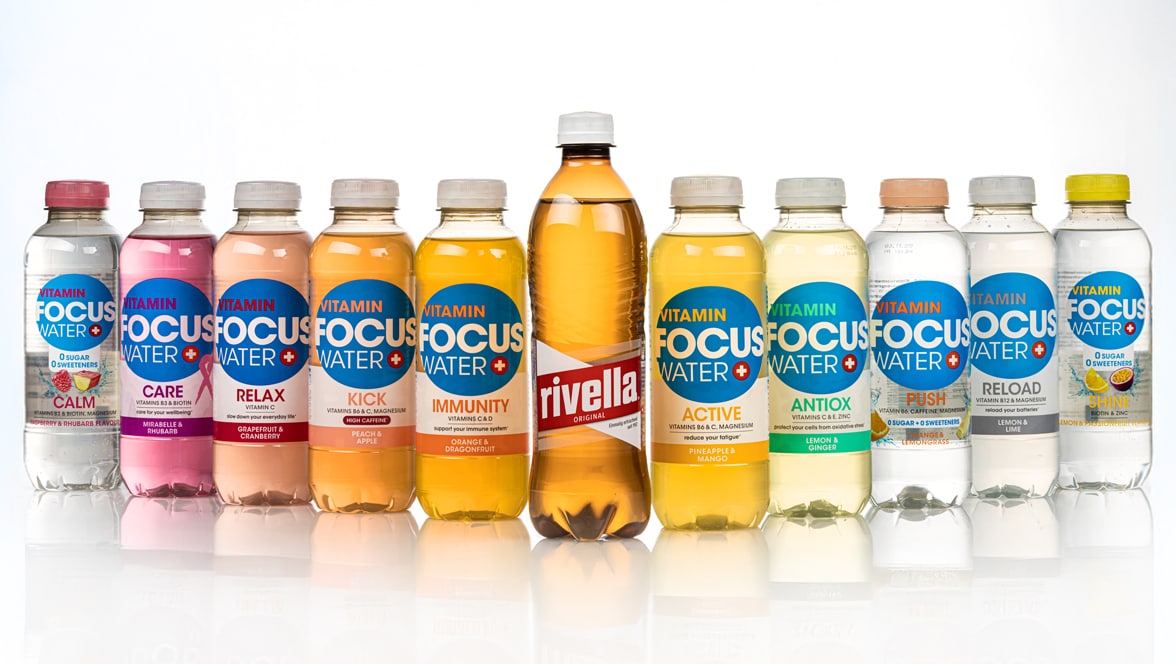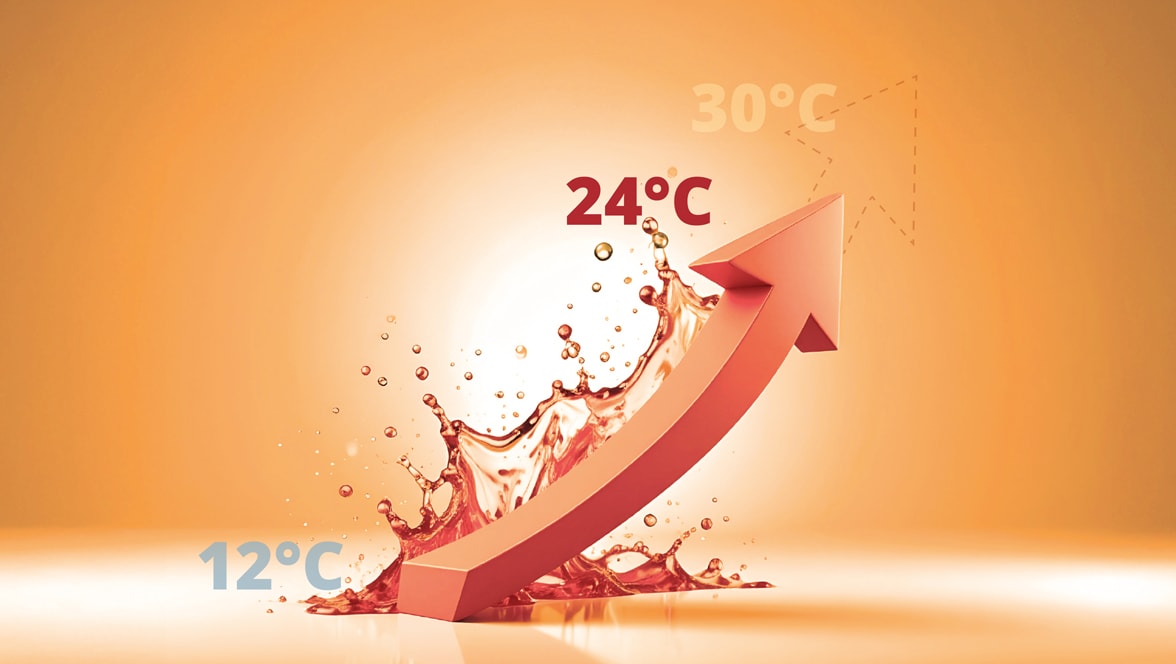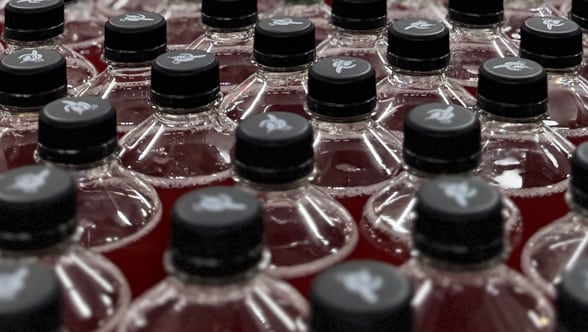The WWF estimates that of the 78 million tons of plastic packages used every year, 32 per cent end up unchecked in the environment.
What needs to be done?
Media and consumers increasingly express the desire to replace plastics with alternative materials. But in view of the waste problem, nothing would be gained from it: bio-plastics and other alternative materials also become a problem if they end up in the environment instead of being properly disposed of and recycled. In addition, plastics fulfil so many functions in our lives that a blanket renouncement of them would be neither practical nor feasible. As a result, it would be more urgent and above all more effective to change the way we think and act. For plastics are not in themselves dangerous – but the often much-too-short-sighted handling of them is.
Every individual is important
Politics, business and consumers bear equal responsibility for improving this. At Krones, we are always thinking of practicable solutions. Whether material-saving packaging designs, energy and media-efficient enviro machines or recycling systems for PET and other plastics: Our solutions are targeted at making the sustainable use of resources as simple and profitable as possible. The driving forces behind them are our employees – the many doers at Krones, who continually demonstrate how much can be achieved with optimism, drive and a healthy portion of critical thinking.
However, if it's a matter of ensuring the future of our world, we bear the responsibility not only professionally, but also privately. For every cigarette filter flipped away, every beverage bottle lost on the road, and every package that is disposed of anywhere except in the collection of recyclables, contributes in part to the problem. And as a result, each and every one of us also has it in his/her own hands to change something about it.
